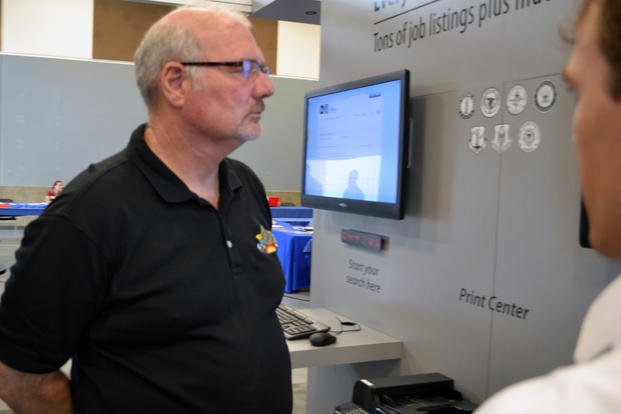Job hunting can be similar to a marketing project, only this time the P words are positioning, process and persistence, followed closely by performance and personality. The product, you, is composed of all of the above. Only if you execute your search skillfully will there be a chance to sell to prospective employers.
Let's take a look at how this translates into designing and executing a project for an effective outcome.
1. Positioning
The first step is to identify what makes you a unique candidate. This can be hard to do for yourself, but it's also the most essential piece. Seek outside help from a trusted mentor or career management professional.
2. Process
Identify your target employers and then assess their needs in terms of how you can address them better than anyone else. The better the match, the greater the likelihood of the employer showing an interest in you.
If you understand the employer’s needs first and then promote your skills against these requirements, your chances of making a connection are much greater than if you concentrate only on your abilities without customizing them for an individual situation.
3. Persistence
Especially in this economy, it is imperative that a candidate be focused and be vigilant. Concentrate your efforts on activities with the largest potential return on your investment.
Keep track of your contacts and refresh them periodically. Use different methods to stay in touch, varying phone, email, snail mail, an article or clipping, invitations, face to face, etc., according to the recipient's preferences.
Remember that in networking, maintaining contact is key to results. Ask your contacts for advice, introductions and information, but don't ask directly for a job. Recommendations carry tremendous weight over cold calls and unsolicited inquiries.
If you can get a colleague to make a direct referral to a prospective employer, your chances of being given serious consideration are much higher.
4. Performance and Presentation
Your resume speaks to your strengths, talents and skills, but nothing beats actual performance to prove to an employer that you can deliver for them.
If you can provide proof of your competency through a specially prepared presentation, you have demonstrated initiative and creativity as well as knowledge.
Rather than using words alone, show the prospective employer what you are made of. Do a report that demonstrates your grasp of the concepts and your ability to use the material effectively.
Does this effort rate the preparation time? Yes, because it is more likely to gain attention and lead to further discussions of your mutual interests and ways you might fit into the organization. Don't waste a chance to show hiring managers your capabilities. That's what it takes to acquire a competitive advantage in a job market like this one.
5. Personality
No one hires on the basis of credentials alone. If you are fortunate enough to make direct contact with a prospective employer, concentrate on letting them get to know you.
This is critical to encouraging the employer to be comfortable in choosing you to join their business. Gaining credibility might be even more important to your selection than whether your skills and background are desirable.
Focus on generating a dialogue, getting to know each other, sharing experiences and thoughts. If there is good chemistry, the rest will follow. Just passing your credentials around is less likely to motivate people than if you can get them to like you and care about your future.
Only after a candidate has successfully connected with a prospective employer one on one is there any serious hope of developing the kind of trust that can lead to in-depth discussions about an employment agreement.
Getting to this point requires correctly marketing yourself. To accomplish this, a candidate must create the right positioning. Putting together a unique value proposition that distinguishes you from others is key, as is selecting prospective employers who will appreciate what you bring to their organization.
Just remember that if you do this right, it will still take time for things to click, for your network to generate leads and for employers to commit to your ideas. So keep up your campaign until you sign the deal.
Want to Know More About the Military?
Be sure to get the latest news about the U.S. military, as well as critical info about how to join and all the benefits of service. Subscribe to Military.com and receive customized updates delivered straight to your inbox.











